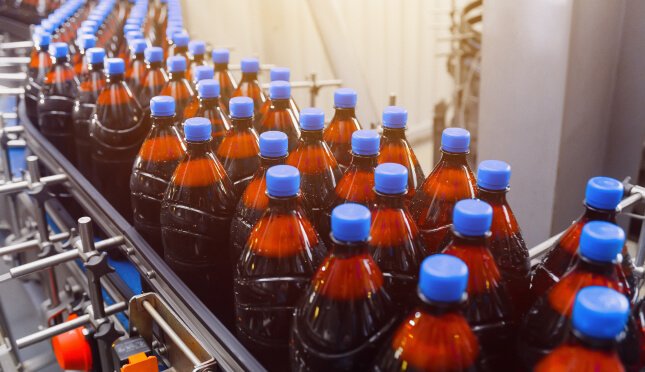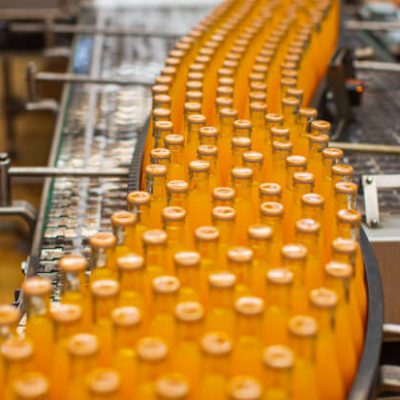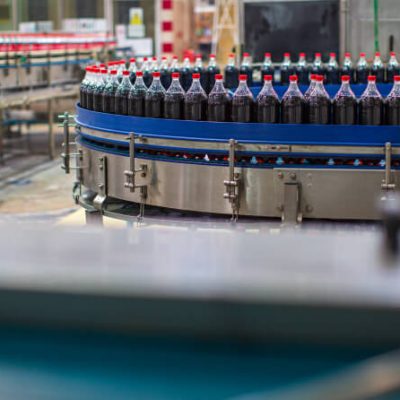At first glance, the process of filling a soda bottle, a syrup vial, or a cleaning product gallon may seem similar. They all involve a container, a product, and a cap. However, behind this apparent simplicity lies a universe of adaptations and specific technologies, as each industrial sector has radically different demands, risks, and quality standards.
Filling is not a one-size-fits-all solution. It is a science of customization, where every component of the production line—from the dosing nozzle to the capping gripper—is designed to meet the unique needs of the product. Let’s dive into the particularities of some major industries and understand how filling solutions are adapted for each one.
Food and Beverage Industry: Focus on Hygiene and Freshness
In this sector, food safety is the top priority. Any failure can result in contamination, product spoilage, and risks to consumer health. Additionally, the variety of products is vast, ranging from thin liquids like water and juice to viscous products like honey and yogurt, or carbonated ones like soda and beer.
Key Adaptations:
-
Food-Grade Materials: All parts in contact with the product, such as filling nozzles, hoses, and seals, must be made of 316L stainless steel or food-grade polymers. These materials are non-reactive, corrosion-resistant, and easy to clean and sterilize.
-
Sanitary Design (Clean-in-Place): Equipment is designed for easy disassembly or includes Clean-in-Place (CIP) systems that allow automated cleaning and sterilization without disassembling the entire machine. This minimizes the risk of cross-contamination between batches.
-
Specific Dosing Nozzles: A nozzle for filling juice is not the same as one for mayonnaise. Viscous products require larger openings and drip-cutting systems to ensure clean, accurate filling. Foamy liquids, like beer, need bottom-up filling to reduce foam formation.
-
Precision Cappers: For carbonated drinks, the torque applied to the cap is essential to maintain CO₂ and prevent leaks. For products like olive oil, a perfect seal is crucial to prevent oxidation and preserve freshness.




